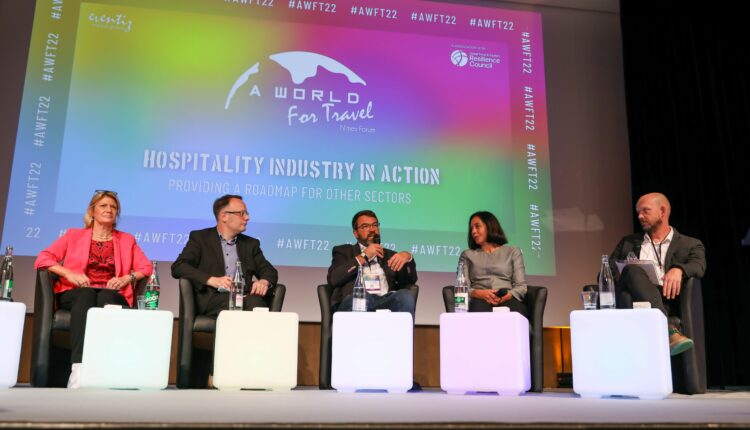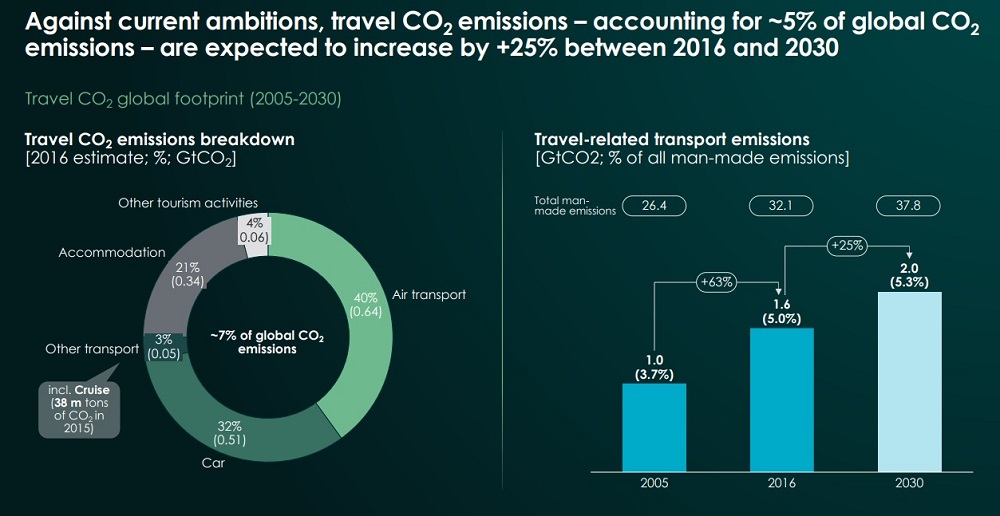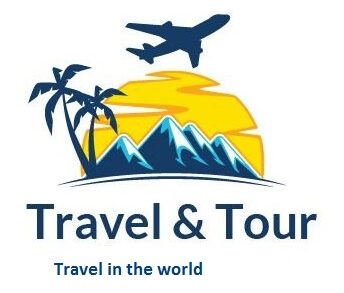What are the main lessons of the international forum A World For Travel? Making the tourism sector more virtuous will require billions of dollars, ideas and cooperative work.

It was the Roland Berger firm that concluded the 2nd edition of the international conference A World For Travel ( AWFT ), in Nîmes, on October 28th. The opportunity to recall the necessary international cooperation to move towards a more virtuous tourism. With, as a backdrop, the Paris Agreement and its overall objective of limiting the rise in the temperature of the planet to less than 2°C compared to the pre-industrial level. As a sign of the urgency, summer was playing extra time in Occitania during the forum dedicated to responsible tourism.
5% of global CO2 emissions
For Didier Brechemier, Global Head of Transport, Travel and Logistics at Roland Berger, cooperation must take place at several levels: between the public and the private sector, companies and States. What the airlines have undertaken, notably under the aegis of the International Air Transport Association (IATA). In October 2022, representatives of the 193 States gathered for the assembly of the International Civil Aviation Organization ( ICAO ), a UN agency, set a very ambitious goal: to eliminate carbon emissions by at 2050 . “This is a very good start for investment in reducing CO2 emissions. »
It remains to finance, concretely, this titanic project… The decarbonization of aviation amounts to thousands of billions of dollars. An abysmal amount that companies, weakened by the Covid crisis, will find it difficult to raise, obviously leading the States to contribute. “It is a necessity to travel by plane, when the train is not a solution, recalls Didier Brechemier, global manager of Transport, travel and logistics at Roland Berger. Technological solutions, in particular “green” fuels / SAF, can be implemented if they are financed. »
Travel now represents 5% of all global CO2 emissions, said Roland Berger. A footprint that should increase by 25% in 2030, compared to 2016.

Five areas of work
But responsible tourism is not only a matter of CO2 and greenhouse gases (GHGs). Evidenced by the case studies and projects shared by the companies and governments present at the conference. This is also demonstrated by the five areas of work, which the firm Roland Berger has identified for all tourism stakeholders, at the end of AWFT:
- Develop collaborations between public and private industries,
- Reduce GHGs (and absorb for incompressible emissions),
- Increase the commitment of people to limit their negative environmental impact on the environment. “Consumer information and education are the key to sustainable transformation,” says Christian Delom, general secretary of A World For travel.
- Improve the social impact, in the teams as well as at the destination,
- Prioritize investments to develop sustainable travel.
Moreover, companies that do not invest enough to be more virtuous interest investors less. This is what emerges from a round table bringing together Henry Briance (Certares funds) and Serge Mesguich (Bpifrance). In the same spirit, travellers, especially the younger generations, are becoming more and more sensitive to environmental issues and committed companies.
